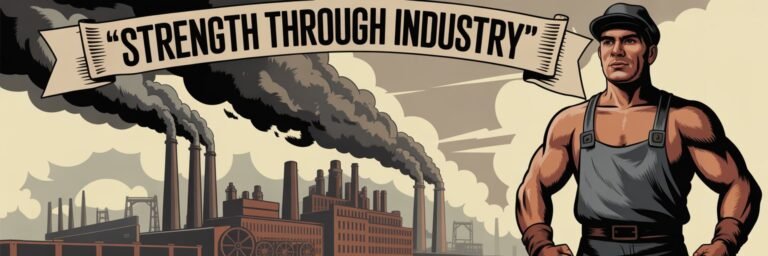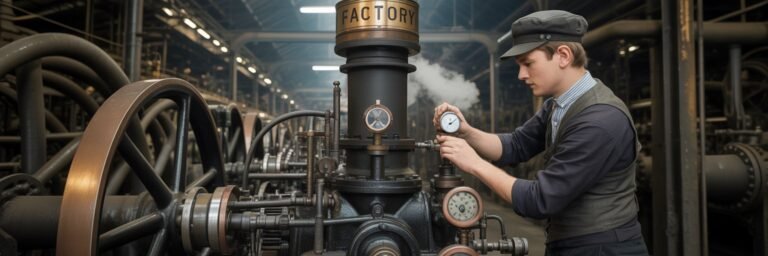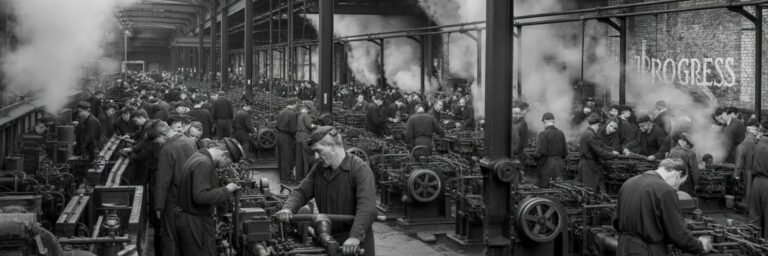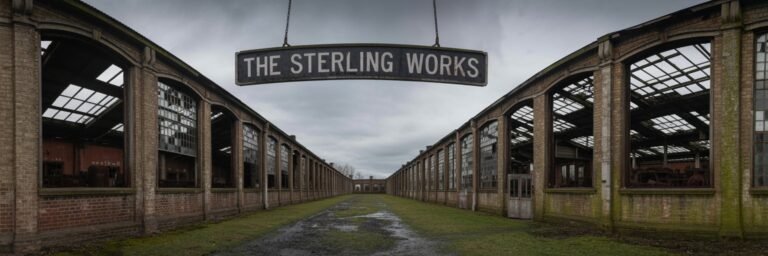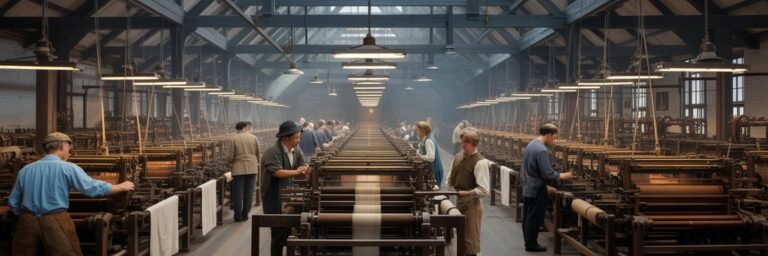INTRODUCTION
In the annals of human history, few periods have as profound an impact as the Industrial Revolution. Unfurling from the mid-18th to the mid-19th century, particularly in Western Europe and North America, it marked a fundamental transformation in the way societies functioned and evolved. From weaving textiles to constructing railways, steam ships to inventing telegraphs, the revolution was characterized by significant technological advancements, forever changing the landscapes of economy, society, and culture. But what was the cultural legacy of this transformative period? This article intends to delve deep into this intriguing exploration, shedding light on the often overlooked cultural ramifications of the Industrial Revolution.
HISTORICAL BACKGROUND
The Industrial Revolution signaled the shift from agrarian and rural societies to industrial and urban landscapes. Its origins lay in Britain, where advanced agriculture increased the food supply, freeing up labor for non-agricultural sectors. While James Hargreaves spun the Spinning Jenny in 1764 and Richard Arkwright patented the water-powered spinning frame in 1769, it was James Watt’s 1775 patent of the steam engine that truly sparked the revolution. Consequently, industry boomed with manufacturing taking place in mills and factories rather than individual homes, bearing profound implications on societal structure and cultural norms.
THEORIES AND INTERPRETATIONS
Historians and scholars have interpreted the cultural legacy of the Industrial Revolution from various perspectives. Economic historian, T.S. Ashton, for example, saw it as a time of progress leading to greater prosperity and freedom. Contrastingly, leftist historians like E.P. Thompson analyzed the social and cultural changes wrought by industrialization, revealing the exploitative labor practices and the alienation of workers.
A less conventional interpretation revolves around the ‘Environmental Lens’. J. R. McNeill, in his seminal work “Something New Under the Sun” argues that industrialization fundamentally altered man’s relationship with the environment. It bred a culture of unprecedented consumption and exploitation, laying the groundwork for the ongoing environmental crisis.
MYSTERIES AND CONTROVERSIES
Despite extensive investigation, certain aspects of the cultural impacts of the Industrial Revolution remain shrouded in mystery. Did the revolution truly contribute to the cultural emancipation of women, or did it merely shift their exploitation from the household to the factory floor? Despite the increased employment for women, they were often relegated to low paying, low status work.
Another enduring controversy is whether the revolution improved the quality of life overall, or if it exacerbated inequality. While the revolution’s sickly effluence, overcrowded cities, and appalling working conditions heightened the vulnerability of the poor, it also sparked reforms that slowly improved lives.
SYMBOLISM AND CULTURAL SIGNIFICANCE
One cannot discuss the cultural legacy of the Industrial Revolution without addressing its symbolism. The steam engine stands as an emblem of the epoch, representing not just technological advancement but a new cultural ethos of mechanization and efficiency.
The textile industry symbolizes both the liberation and subjugation of women. While it provided women the opportunity to work outside the home, it also threw light on their exploitation in grim factory conditions.
MODERN INVESTIGATIONS
New methods of analysis have allowed contemporary researchers to uncover fresh insights about the Industrial Revolution’s cultural effects. Databases of digitized historical newspapers, for instance, have revealed new dimensions to the social narrative of industrialization, such as the rise of consumer culture or the implications of mechanization on the collective psyche.
Examinations of literature from the period, like the works of Charles Dickens, have shed light on the profound psychological and social shifts that occurred due to the revolution, including the class struggle, social upheaval, and rapidly changing political ideologies.
LEGACY AND CONCLUSION
The cultural legacy of the Industrial Revolution resonates into the 21st century. It profoundly altered our relationship with work, gave rise to consumerism, laid the foundation of modern transportation systems, and indelibly transformed cultural norms.
Industrialization’s footprints can be traced in the emancipation of women, emergence of modern cities, class consciousness, and the evolution of modern capitalism. Yet, its darker aspects linger too in our environmental crisis and the economic exploitation that thrives in many corners of our globalized world.
Indeed, the Industrial Revolution cannot be seen merely as a technological or economic watershed but a tectonic shift that triggered a radical cultural transformation. As we live out its legacy, grappling with both its gifts and curses, it is essential to recognize the myriad ways in which this period shaped our world and continues to reverberate through our collective existence. Ultimately, the Industrial Revolution does not belong to the dusty annals of history; it thrives in the cultural DNA of our present and future.

